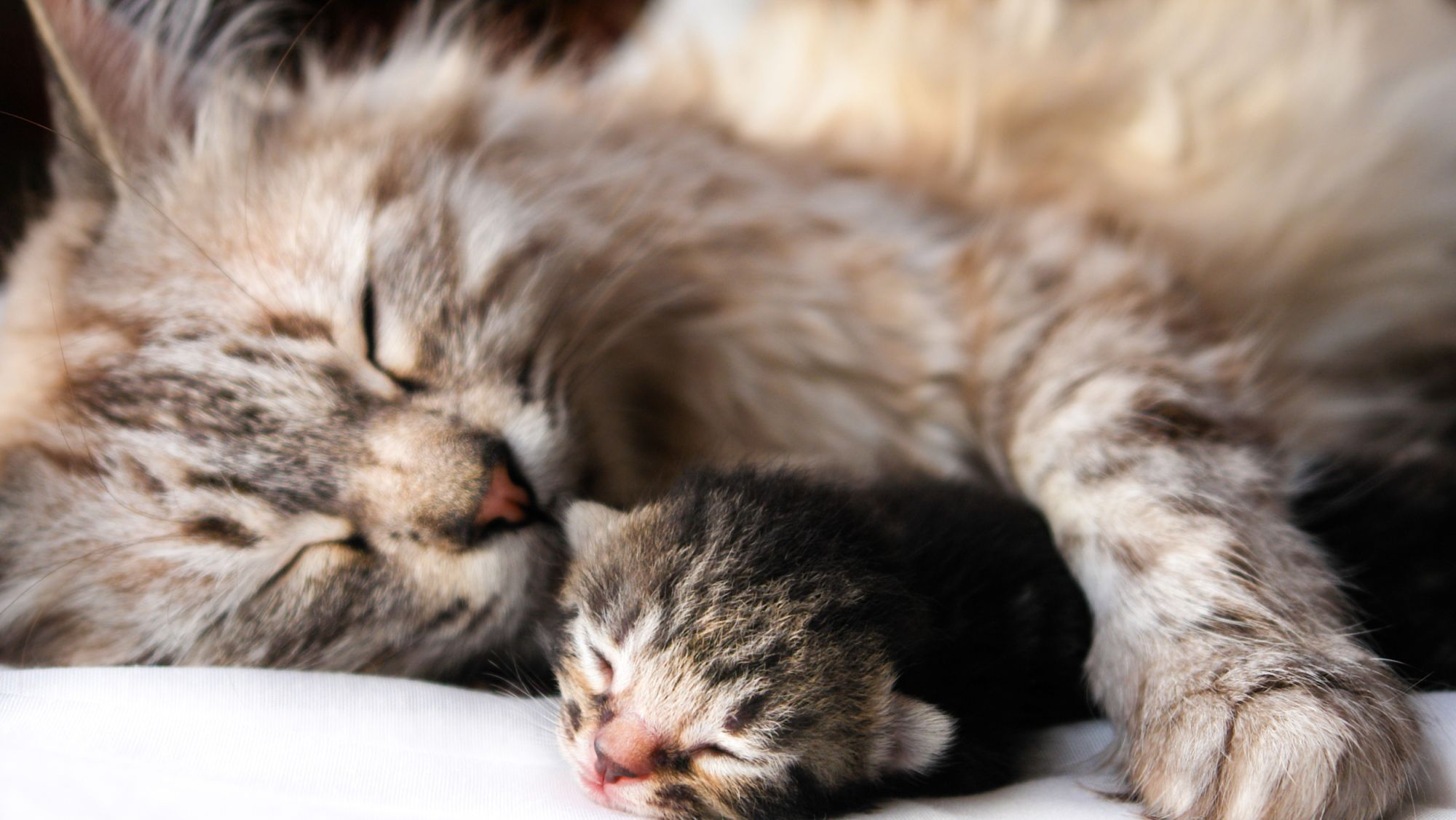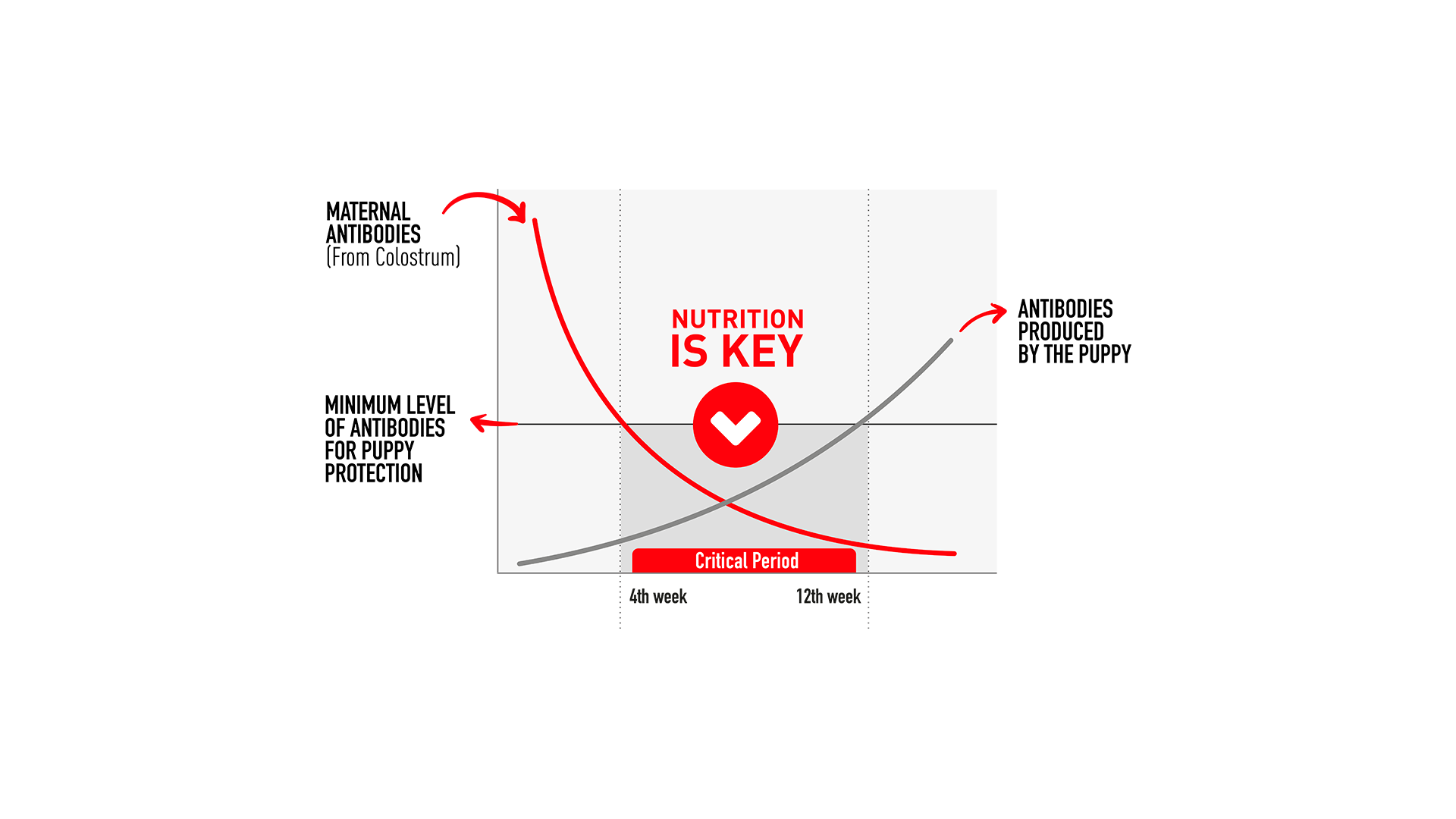Article
How is kittens' immunity different from adult cats?
Your kitten has a special defence system to help protect them as they grow and develop – its name is the immune system, and its mission is to assess threats and fight against infections and disease.

An adult cat’s immune system is much more developed than a kitten - this is why kittens need special support. Early in life, your kitten primarily gets their immunity from their mother’s colostrum (mother’s first milk) which serves to pass on some of the mother’s immune protection to the litter right after they’re born, in the form of antibodies in the milk. It is critical for the immune system that a kitten starts suckling immediately after birth to ensure they absorb these crucial antibodies that help to provide them with protection in the first few months of life.
Why do we need to assist a kitten's immune system development?
Simply because the protection provided in the queen’s milk doesn’t last forever. Day after day, until 12 weeks, the level of antibodies coming from the milk decreases while at the same time, exploration of the environment is growing, putting new germs and microorganisms on the path of your still fragile kitten.
It’s a delicate stage where the mother’s milk is no longer providing enough protection, and their own immune system is not yet fully mature to take over - leaving them more vulnerable than ever to risk of infection. Actually, this unique period is so critical that it even has a name —it’s called the immunity gap and it usually occurs between 4 and 12 weeks of age.
During this time, which varies for each kitten, it’s critical that your kitten is kept in a hygienic place and fed with everything they need to grow stronger and healthier.
Once kittens begin receiving their vaccinations with their veterinarian, their own immunity begins to build. Your kitten’s first vaccine will start them on this journey to help them to be protected in their adult life against the most common feline diseases (such as feline panleukopenia, feline rhinotracheitis virus and feline calicivirus found in most standard feline vaccines).

What type of food can help?
The quality of your kitten’s diet can help play a role in helping to support their immune system, and it can help provide some protection through this ‘immunity gap’. The right kitten diet, carefully formulated with specific antioxidants can help reinforce their natural defences and their developing immune system. Further addition of prebiotics (‘food’ for the good gut bacteria) can help reinforce gut health, and ensures we keep them from experiencing diarrhoea and other tummy upsets, commonly occurring in young growing kittens.Related Articles
Like & share this page